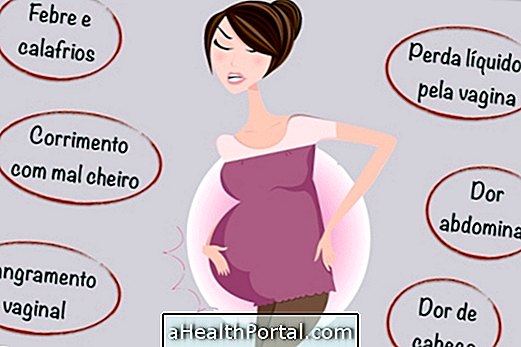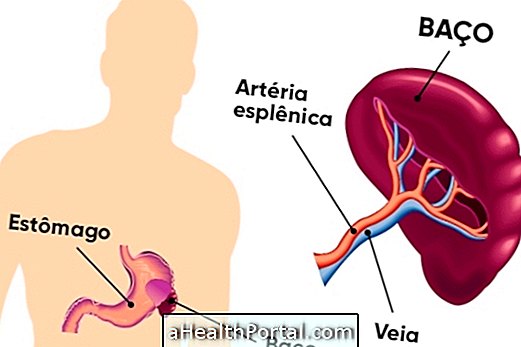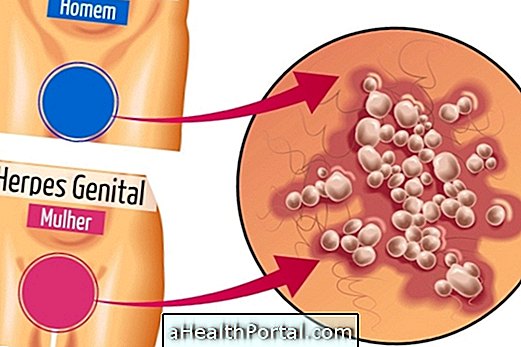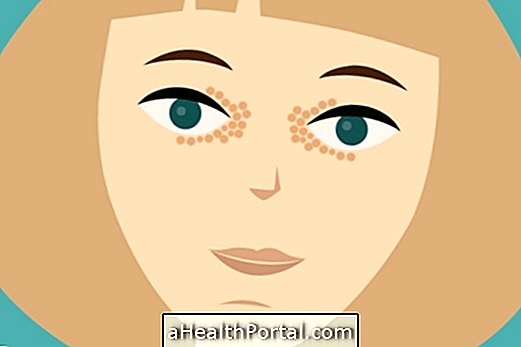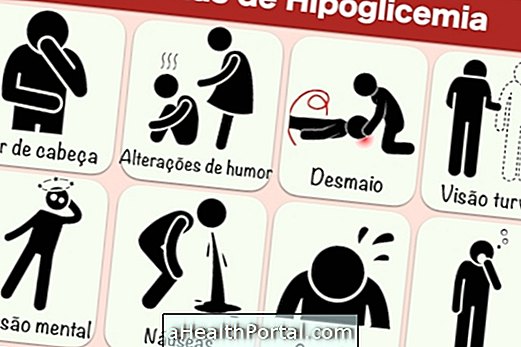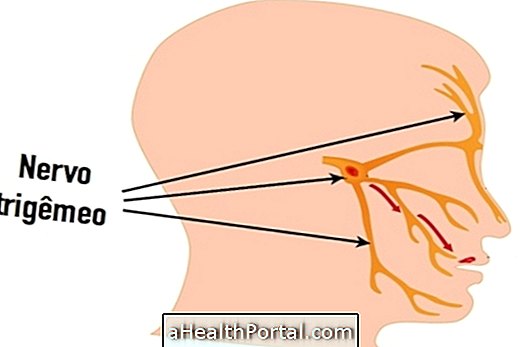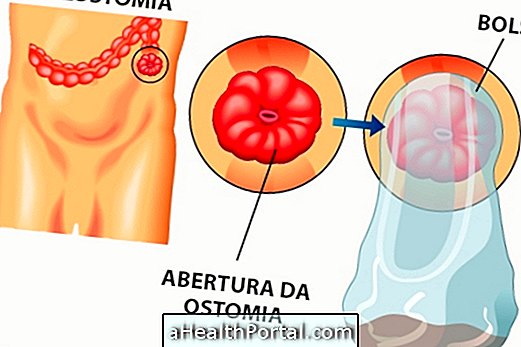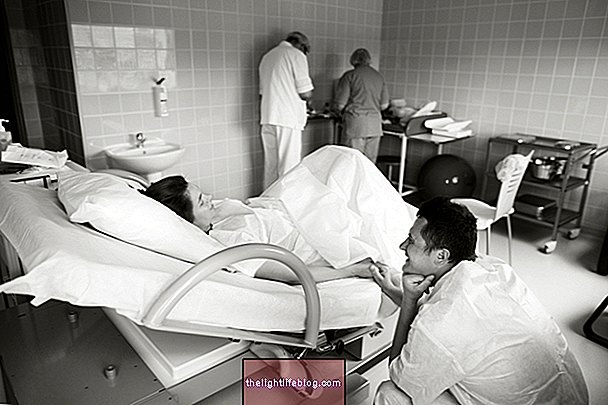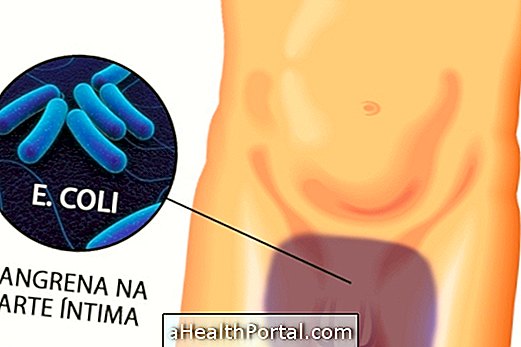Frequent dizziness is usually associated with problems in the ear, such as labyrinthitis or Meniere's disease, but it can also be a sign of diabetes, anemia or even heart problems. Other symptoms such as lack of balance, dizziness and a feeling that the head is always spinning may also be associated with dizziness.
In addition to these causes, dizziness can be a symptom of anxiety attacks, vision problems, migraine, or arise on very hot days, during bathing with very hot water, when you wake up suddenly or when you drink alcohol excessively .
Thus, whenever dizziness is very frequent or causing much discomfort, it is advised to go to the general practitioner to identify if there is any problem and start the most appropriate treatment.
1. Labirintite

Dizziness, dizziness and lack of balance can be caused by labyrinthitis, which is an inflammation of a part of the ear, known as a labyrinth, which is responsible for hearing and balance. Check out the other signs that indicate labyrinthitis.
This problem is more common in the elderly and the treatment includes the use of remedies indicated by the doctor, such as anti-vertigo for dizziness and vertigo and anti-emetics for vomiting, nausea and malaise.
2. Menière's disease

In this disease the inner ear is affected and therefore it is very common to feel dizziness associated with the feeling that everything is turning around. Dizziness usually arises from periods, called seizures, which may be more intense in a few days than in others.
This disease has no cure, but treatment with sickness medicines such as Promethazine and dietary changes can help alleviate the intensity of dizziness, improving well-being. See more about the disease and how to treat it.
3. Diabetes

Low blood sugar, known as hypoglycemia, is a condition that can occur more often in patients with diabetes and causes dizziness, a feeling of falling, and lack of strength. Learn to identify the first signs of diabetes.
In addition to these symptoms, when blood sugar is below 60 mg / dl, tremors, cold sweats, blurred vision and confusion may occur, and if hypoglycaemia is not treated rapidly, ingesting sugar, the problem may be aggravated. a fainting spell.
4. High or low pressure

Both high blood pressure and low blood pressure can cause dizziness and fainting, but this symptom is more common when the blood pressure is low, with values of 90 x 60 mmHg.
In addition to dizziness, when the pressure is low, other symptoms such as weakness, blurred vision, headache and sleep may appear. However, it is not always easy to distinguish high low pressure because the symptoms are similar, and the best way to confirm is by measuring the pressure with a device. Here are some ways to treat low blood pressure.
5. Anemia

Dizziness can also be a symptom of anemia, which is when there is a lack of oxygen and nutrients in the body, such as iron, accompanied by frequent pallor, weakness and tiredness. Check out the main types of anemia and its symptoms.
Generally, anemia is diagnosed when hemoglobin values are less than 12 g / dl in women and 13 g / dl in men and to treat the disease it is necessary to increase food intake increase iron-rich foods such as black beans or strawberry and, in some cases, take supplements or remedies recommended by the hematologist.
6. Heart problems

When you have heart problems, such as arrhythmias, aortic aneurysm, or heart attack, dizziness may occur because poor heart function leads to decreased ability to pump blood to the rest of the body, causing other symptoms such as chest pain, swelling in the legs and shortness of breath, for example.
Treatment for these causes can be done in most cases with the use of medications indicated by the cardiologist and sometimes require heart surgery. Here is a list of 12 signs that may indicate heart problems.
7. Use of some medicines

Prolonged use of certain medications, such as convulsions, antidepressants, antihypertensives, or sedatives may cause a side effect that causes dizziness and a feeling of weakness.
Therefore, if it is suspected that the dizziness is arising by some medication, you should consult the doctor who made the prescription, so that the dose is changed or the medicine.
Watch the following video and see the exercises that can help you:

When do I need to go to the doctor?
It is recommended to go to the general practitioner whenever the dizziness arises more than 2 times a day, when it appears more than 3 times a month for no apparent reason or when taking medication to lower the pressure or to treat depression for example and, dizziness remains for more than 15 days after the start of use, as there are medicines that cause dizziness.
The doctor will help to identify the cause of the dizziness and in case it is necessary to make treatment the doctor can recommend remedies, supplements, surgery or physiotherapy, according to the illness that causes this symptom.
